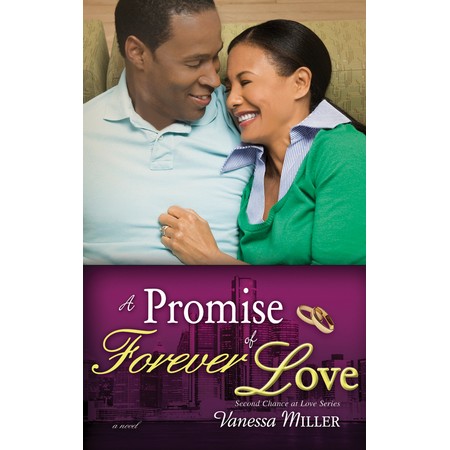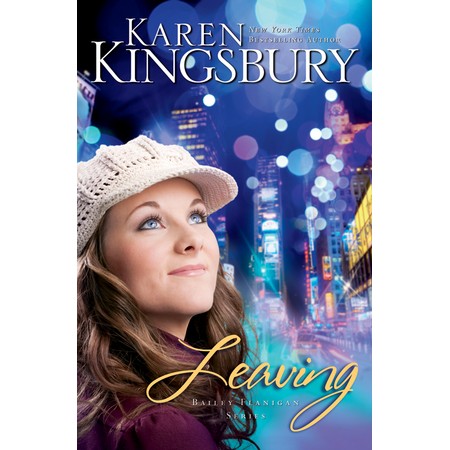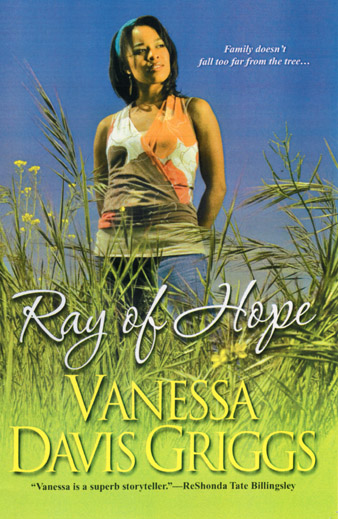
Last night I received an email from an author regarding their book review. Let's call this author "Author X," because this post isn't about a specific author, but about author relations in general, especially on the part of the reviewer(that be me.) From time to time I receive AARF's (an author review feedback.) This month I received two responses. As we prepare for our 30 Days to Build a Better Book Blog Series(began September 1, 2009, so I hope you've registered--no content from this series will be on the blog, just the topics for discussion for the day) I want to talk briefly about AARF's as a part of our weekend chatterbox questions.
As I just said Author X sent me two different responses to two reviews I had completed earlier this year for a magazine I write for. In my reviewing experience I have received three kinds of responses: positive, rfp(request for help) and inquisitory. There are two other kinds that I will save for the blog series. The two AARFS were positive and inquisitory. Postive AARPs are simply a thanks accompanied with a gift of appreciation. who wouldn't love those? The inquisitory AARPs is my made up word for when an author questions my review, while providing background informationa about why they wrote what they wrote--a story inside the story. I love these AARP types most.
Why?
Inquisitory AARFs facilitates the grounds for having a deeper discussion about the book. As an avid reader I love deep talk about a book. How the book has a deeper meaning that can affect the world.This is the discussion Author X and I had through the night last night. I thank Author X for it. (wink, hope she's reading this.)
it is an honor to have national bestselling authors come to you privately to talk about their book. I am only limited to use 150 words or less for my reviews. So what I submit is a tweet version of a two page document that I have created. When I share a break down of this review ten times out of ten Author X (although they may not agree) understands how I made my decision. It is one thing to write a review(great or challenged) without any reasons to buttress the rating. It does not help the author or Author x's audience or other readers, who did not know that Author X existed and now wants to know more about Author X.
Moreover, I learn the author's position and more about the book, which usually makes me wand to reread the book. You know me I'll talk about an interesting book for years.
And here is the basis for the weekend chatterbox question...
This week Kim Zolciak of Bravo's Atlanta Housewives has blasted--what she believes--is a negative portrayal of an upcoming issue of the ladies in Atlanta Magazine. After reading her rant on her blog and a sneak peak of the article on the AM site I determined that Ms. Zolxiak's choice to communicate her frustration in an open source environment may have done more harm thatn good. It's one thing to chop it up with others within your circle or camp, but to take it on the web, you have to be a little careful. This rant has now turned into a request to boycott and an AJC article and a lot of celebrity bloggers digging in.
So here's my discussion for the weekend. Please comment here or on my
facebook page. I will put a link to this blog up there and also comment on twitter:
1. For the author/celeb what is the best way to approach your gatekeepers when it seems as if they are guarding the door without harming yourself?
2. For the reviewer/reporter what is the best way to handle a conflict of New Media?
Three reminders:
- Visit the blog to learn how to sign up for 30 DAYS BBB.
- Visit me at SORMAG tomorrow. I will be discussing how to create an online marketing plan for authors
- Send me Christian Fiction news at media.candy at gmail dot com
- If you want to guestblog at CFB...better register. lol





















